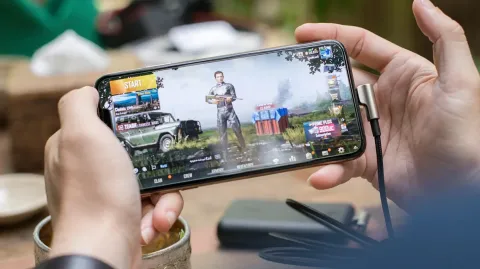
You're familiar with the shops, pubs, battle passes and secondary currencies of a whole host of video games. And you may already have seen applications that promise to turn your gaming time into money. But who's doing what? How are brands monetising your engagement with quests and what can you gain? We take a look at how the reward-centric parallel economy works in mobile gaming.
Earning money by playing is the promise of a whole generation. But is it too good to be true? Let's take a look at the economy that transforms gaming time into ancillary rewards, and the implications for gamers, brands and studios.
You like to spend time gaming. You probably spend hundreds of hours a year on your favourite games. If you're addicted to gacha, it's even certain that you give part of your daily routine to a handful of titles. And these games are fighting for your attention.
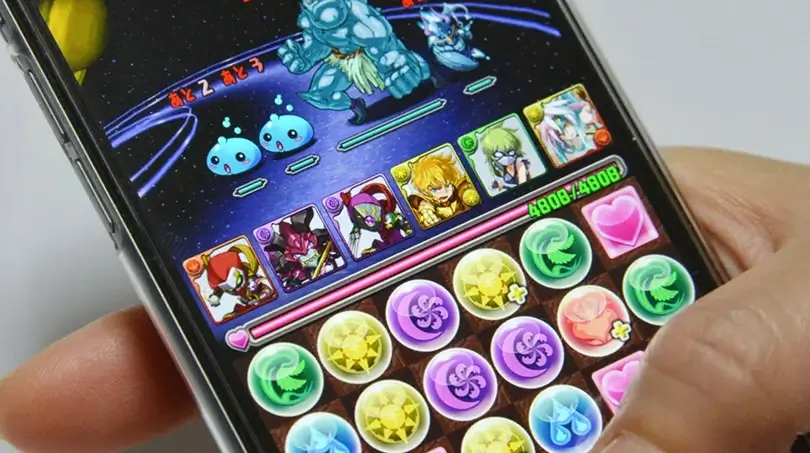
They may lure you in with ads, enticing collaborations or other more surprising techniques. But their battle doesn't end there. They need to keep you in the game to generate revenue from the ads they show you and the packs you buy. One of these options is to offer you special quests.
You install the game, you complete the quest and you get in-game gifts or intermediate currency that you can later exchange for gift cards and bonuses.
It's a bit like certain YouTube sponsorships where each person who installs the game via your link must also reach a certain level of play to earn you money.
We could imagine a partnership with a gacha like AFK Arena, which pays the content creator when a player installs the game via its custom link and reaches account level 15, for example.
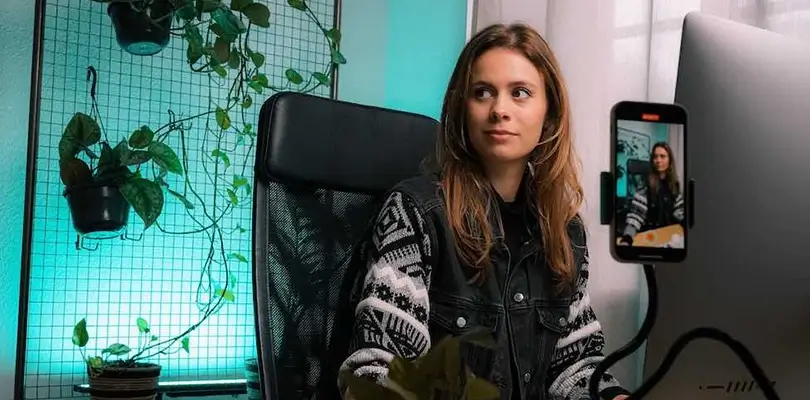
This time, it's not the player who receives the direct reward, but the creator who relies on the parallel economy based on rewards per game time.
Acquiring a user is essentially a matter of advertising. However, as I was saying, when you're a brand, you'd better succeed in keeping that user for as long as possible to recoup the value invested in their acquisition.
Brands are not alone in facing this challenge. To help them, there are systems for analysing your gaming habits and your reactions to advertising.
What's more, there are intermediaries between you and the games. Those who manage integrated rewards to be converted into gift cards, for example, use game recommendation applications such as Gamelight. They suggest titles you might like, which they have selected by working with interested brands and studios, and monetise your game time with the companies.
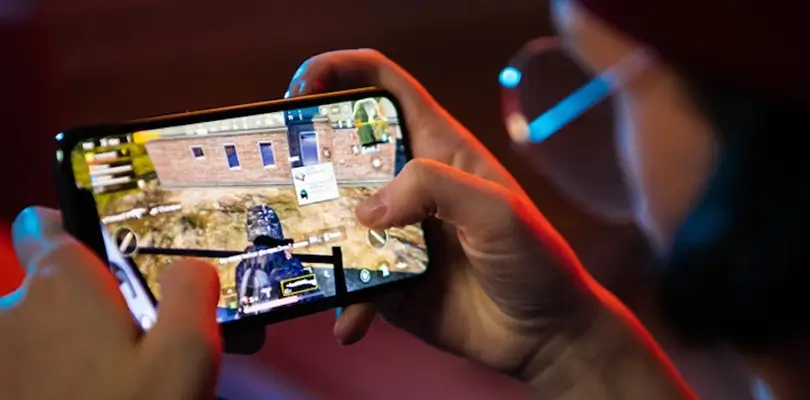
In exchange, they provide visibility and a level of engagement that's hard to beat. Obviously, these recommendations are self-serving and, as with Youtube sponsorship links, this is based not only on the quality of the product you are offered but also on direct partnerships between companies.
Like any monetisation technique, attracting you with a promise of a reward works mainly thanks to a cognitive bias. This "sunk cost" bias means that if you have invested a certain amount of money or time, for example, it will be that much harder for you to leave.
It's the same principle as the casino. So you come for a quest in search of gift points, but you're likely to stay for longer. You're also more likely to spend, which nullifies your gift earnings if you're not careful.
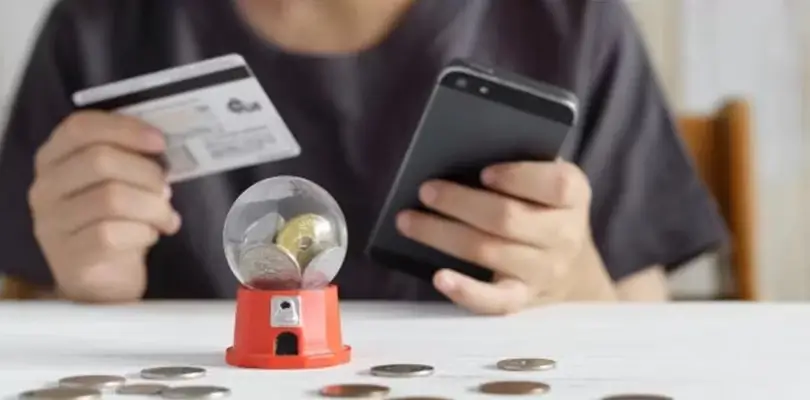
The idea of easy money doesn't necessarily hold water. However, if you manage your time well and enjoy trying out a variety of games, you can clearly take advantage of this system to try out games and treat yourself to an Amazon card or two that will make you happy at Christmas!

AI is taking an increasingly dominant position in the gaming world, enabling pipeline tools, filling virtual spaces with content and highlighting...

There's nothing like the ultimate duel to prove your worth. And it's d-d-d-duel time for players, as the only refund option allowed by the game's...
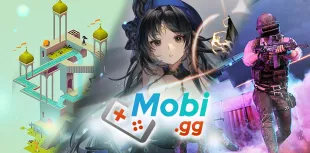
Evolution is a fundamental principle that the whole world respects: dinosaurs, society and Pokémon. This time, JeuMobi. com is evolving into Mobi...
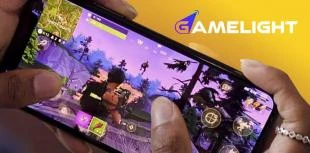
Playing mobile games takes time. If you could monetise that time in your favour, you could earn money and have fun at the same time... That's the...

Studios in danger, games taken out of circulation, the FBI, maximum greed and the end of an era for PC, console and mobile gaming. The gaming ind...
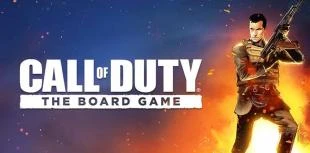
The Call of Duty board game will soon be a reality. With cross-media projects like Takt op Symphony (music, anime), League of Legends (Arcane ser...
